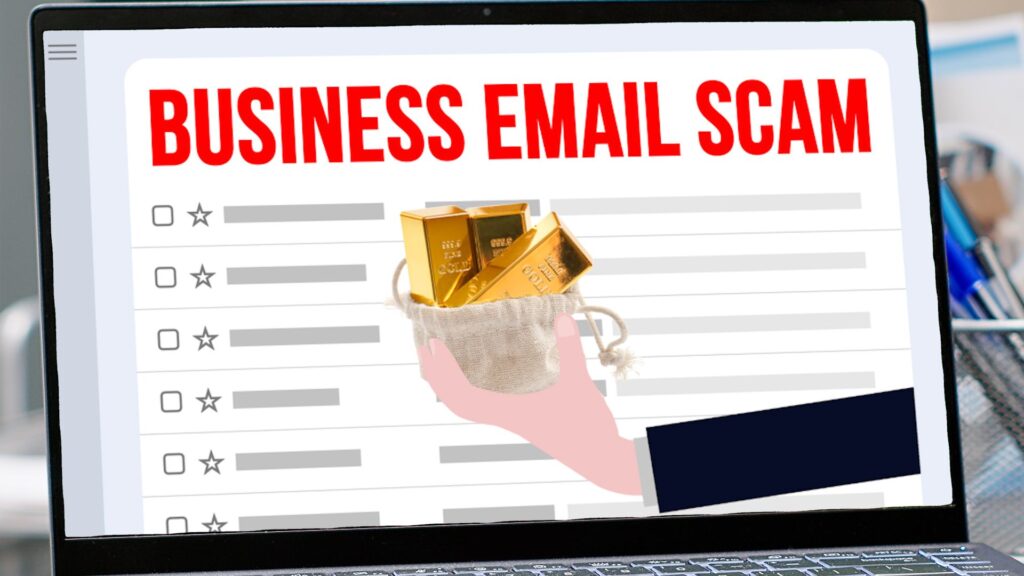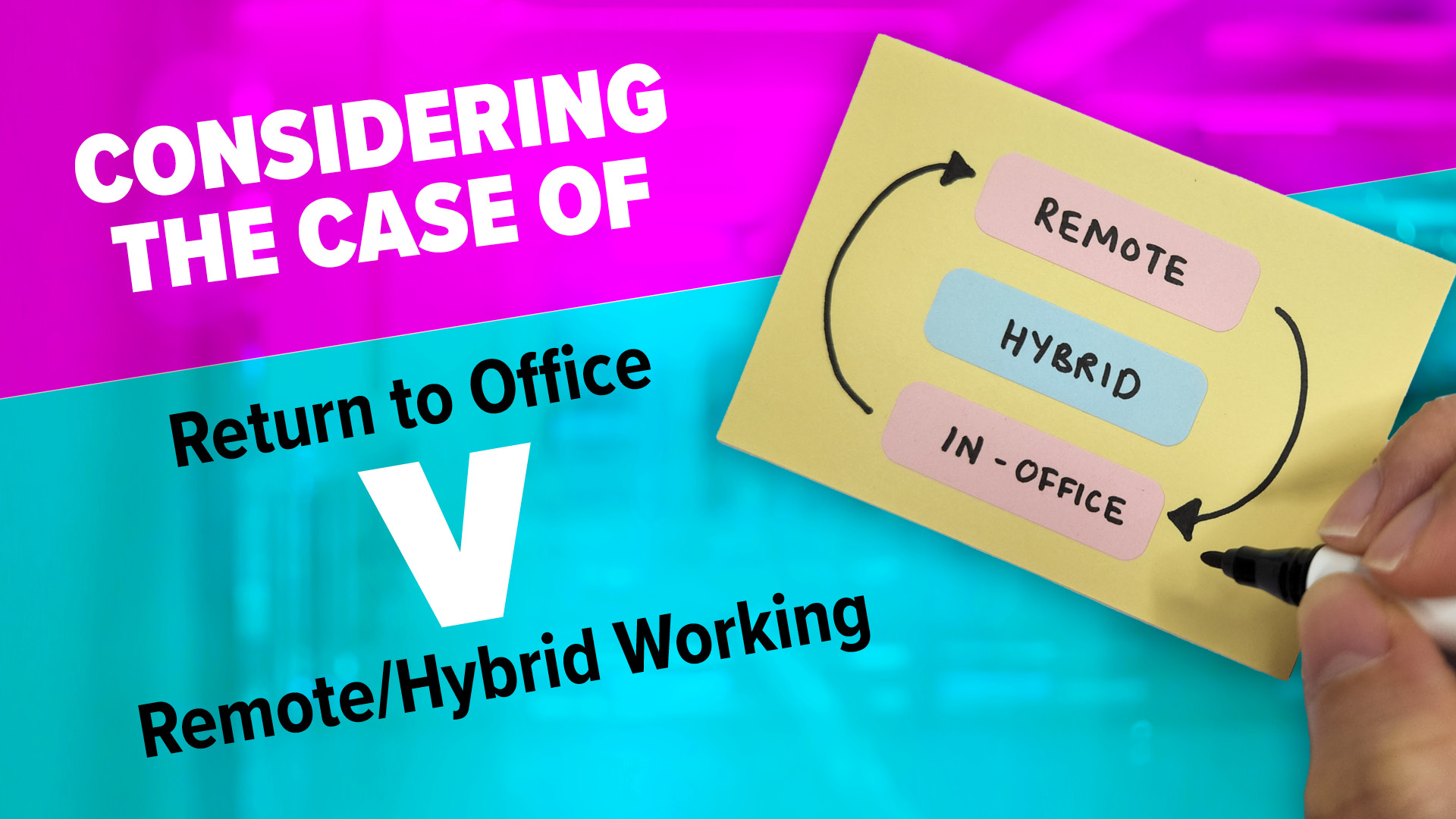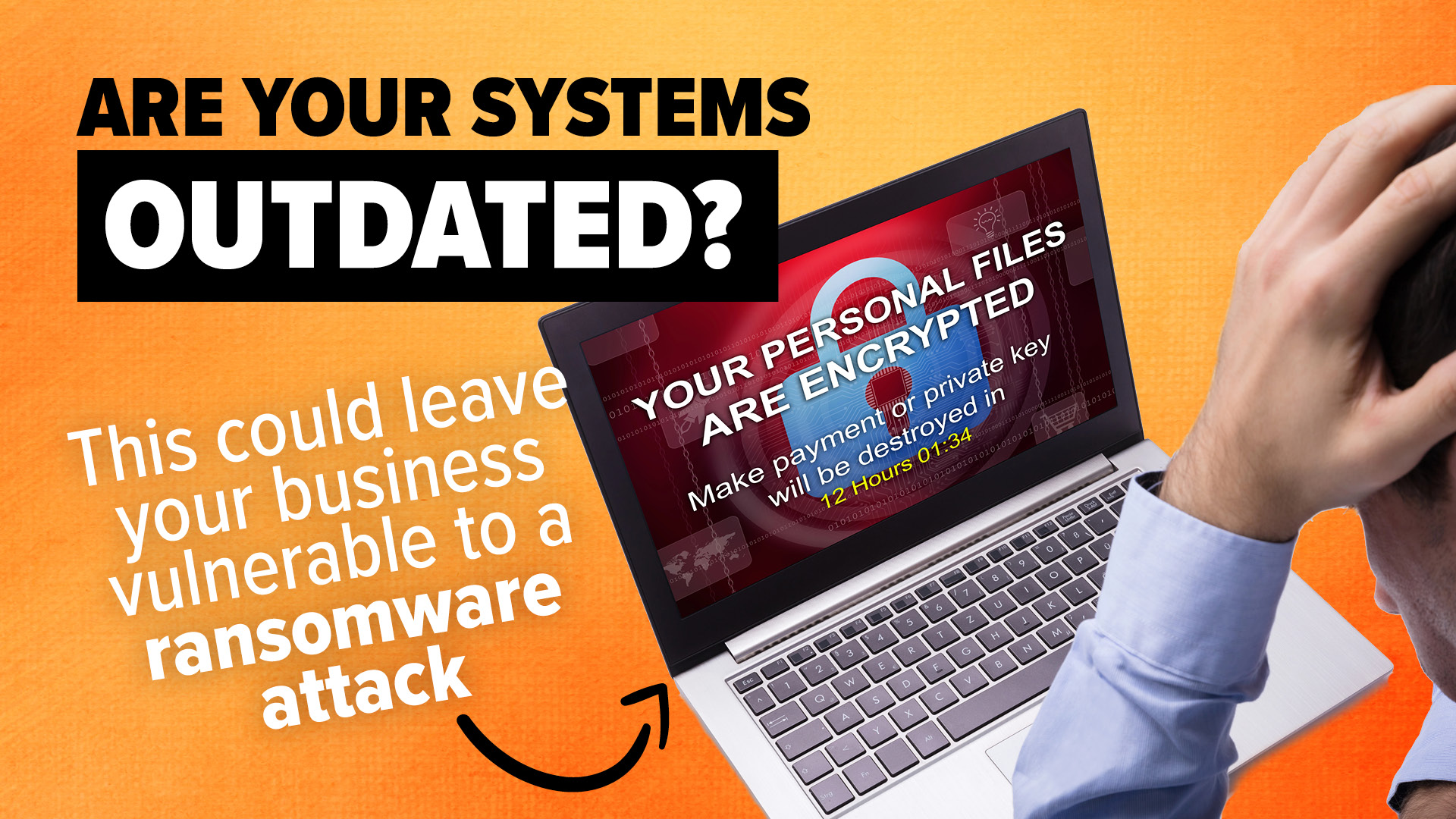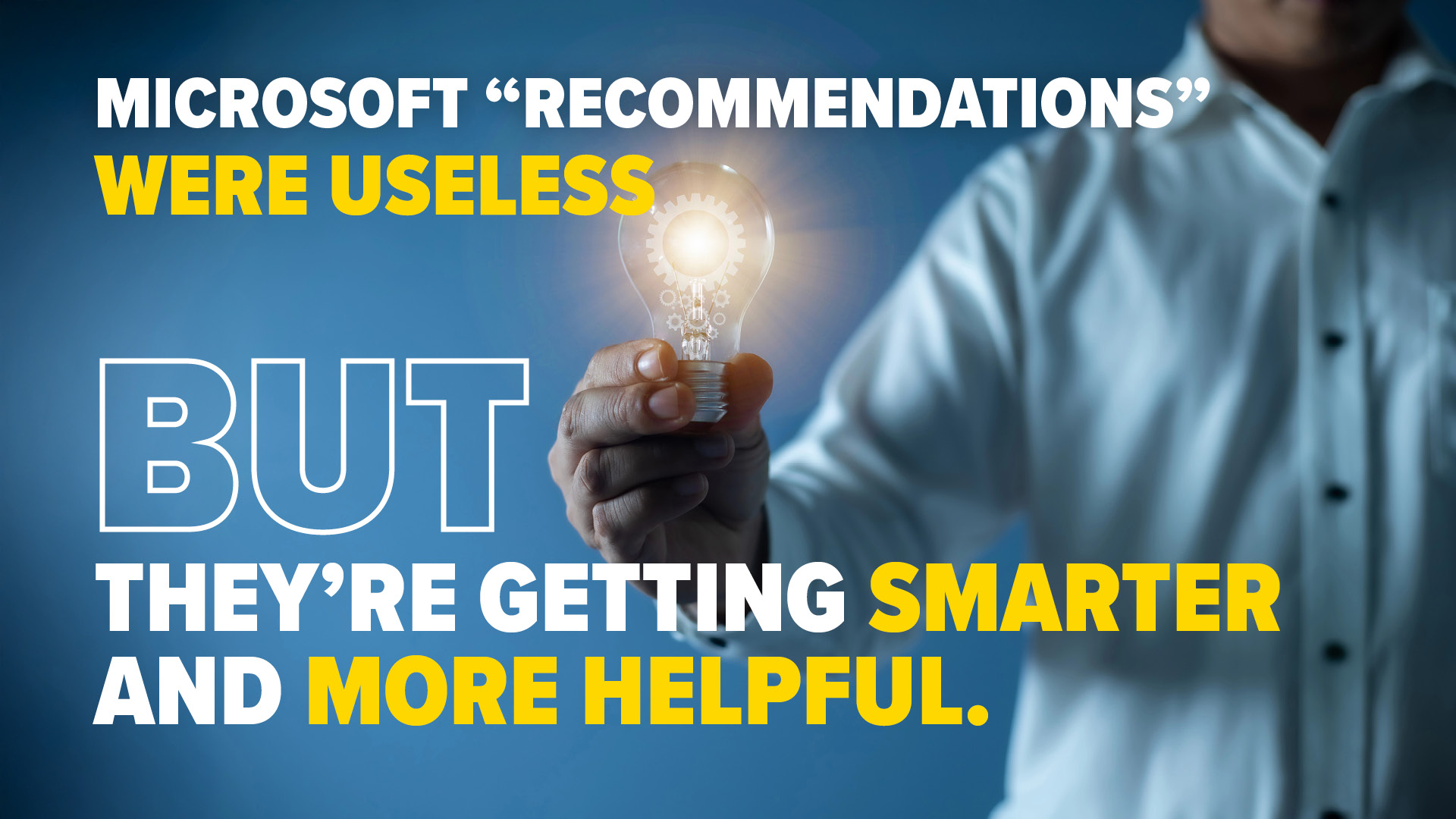Email has become an essential tool for any successful business, but as the saying goes, “with great power comes great responsibility”. As a business owner, it’s your responsibility to make sure your emails are secure. It’s one of the key ways to stop your business data falling into the wrong hands.

Business Email Compromise (or BEC) is a growing threat. And if you become a target, it could cost you – big time.
So, what exactly is a BEC attack?
In simple terms, it’s where scammers pose as people high up in the business, like CEOs, executives, and IT staff. The goal is to trick your employees into sharing sensitive information or sending money. Research shows that nearly 90% of Business Email Compromise attacks are set up this way.
It’s easy to see how someone might quickly respond without a second thought, especially when they trust the sender.
Business Email Compromise attacks have spiked dramatically this year, especially over the third quarter. Researchers have analyzed 1.8 billion emails worldwide, discovering a shocking 208 million malicious emails among them. And of these malicious emails, more than half (58%) were BEC attempts.
The figures make it clear: Business Email Compromise scams are now the biggest email threat to businesses.
Another thing worth noting? Most BEC scams target employees lower in the business, who might be less likely to question authority or be less aware of cyber threats.
Although Business Email Compromise attacks are common, it’s also important to remember that scammers still use other methods too. This includes commercial spam and phishing attacks, which are designed to trick people into sharing personal information, like login details.
In fact, the combined effect of these types of scams now overshadows traditional ransomware and malware attacks.
Luckily, it isn’t complicated or expensive to protect your business.
Simply make sure that all members of your team are trained to think twice about every email they receive.
If an email asks for sensitive information or a financial transaction – especially if it feels urgent – your employees should know to stop and check with someone before they action anything.
To take your email security to the next level, consider implementing multi-factor authentication (MFA) for all business accounts. MFA adds an extra layer of protection, requiring users to verify their identity through a secondary method, such as a text message or authentication app.
This simple step can make it significantly harder for attackers to gain access to your accounts, even if they manage to steal a password.
Another effective approach is to invest in email security software that automatically flags suspicious messages. Many modern solutions use artificial intelligence to analyze patterns and detect anomalies in email behavior.
This means that even the most cleverly disguised phishing attempts can be identified before they reach your employees’ inboxes, greatly reducing the likelihood of human error.
Finally, fostering a culture of cybersecurity awareness is critical. Regular training sessions and updates on emerging threats can keep your team informed and vigilant. Encourage an open dialogue where employees feel comfortable asking questions or reporting suspicious activity without fear of being reprimanded.
Remember, the strongest defense against Business Email Compromise and other email threats is a workforce that knows how to recognize and respond to potential scams.
By combining these proactive measures with ongoing education, your business can stay one step ahead of cybercriminals and ensure that your valuable data remains secure. If you need help making sure your business is secure, get in touch.








